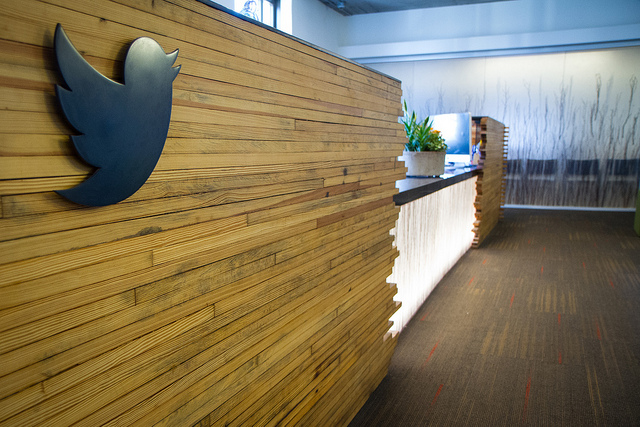In China, the human flesh search engines track down people who have offended the herd sensibility.
As Australia becomes more conservative and reactionary, the same phenomena is developing Down Under. Aussie businesses now have to be prepared for when they come to the attention of an online lynch mob.
Last weekend a South Australian dairy company, the Fleurieu Milk and Yoghurt Company, announced it would not be seeking Halal certification for its yoghurts following concerted harassment from bigots, a decision that will cost it a $50,000 contract with Emirates Airlines.
Fleurieu was not the first company to be targeted by groups of online bigots, a few weeks earlier Maleny Dairies from the Queensland Sunshine Coast announced it would not seek Halal certification for after being deluged with queries from similar groups.
For a company of any size, a wave of abuse from online hate groups is difficult to handle but for smaller businesses like rural dairy companies it’s particularly hard as there’s little training for dealing with obnoxious and ill informed virtual lynch mobs and the resulting drop in morale can affect the entire workforce.
Many managers would draw the conclusion that social media is a dangerous place that only exposes staff and the business to these vile individuals, however withdrawing totally from online channels might actually magnify the effects of being targeted as companies don’t see the internet campaigns developing.
Reacting to a hate campaign is difficult however and much of how a company deals with being the target of one comes down to the owners’ and managers’ appetite for dealing with such a crisis.
Submit to the mob
The quickest way of defusing the situation is to agree to the mob’s demands, as Maleny and Fleurieu did, which has the advantage of relieving the stress on staff and management distractions.
Submission though is not without its risks; the mob may not be happy or agreeing to their demands may upset other customers who actually spend money with the business.
This latter point is something Australia’s agricultural industry and governments should be paying attention to as Middle East nations takes over ten percent of the nation’s food exports.
Agreeing to one group’s demands may also irritate other equally other vocal groups which could actually make the problem worse. Ultimately though it comes down to what a company’s management is most comfortable doing.
Should you decide to go along with the mob, don’t equivocate. Be absolutely clear about what you are doing and why you are doing it. This is something both Fleurieu and Maleny diaries have done.
Don’t engage
If the choice is not to submit, either on principle or for commercial reasons, then it’s necessary to be prepared for continued criticism with staff and management coming under further stress. It’s important everyone is supported by the team in the face of often vile and crude behaviour.
One of the key tenants of online marketing and community management is to engage with your critics, however there is a point where trying to engage with irrational people is pointless and possibly even counterproductive.
When that point has been reached, then there is no need to reply to them and any inflammatory or provocative posts should be deleted. The saying of “don’t feed the trolls” applies.
Should commenters become too strident or silly then they should be blocked and, if they are misbehaving on a social media site, their actions reported to the service’s management. Any threats of violence should be immediately documented and a complaint made to the police.
Don’t provoke
Provoking these groups is also a mistake, descending to their level of behaviour will only encourage them and their friends along with risking alienating your own supporters. Keep things professional and straight forward.
Not being a dill yourself is something that could have heeded by one of the other businesses that found itself on the receiving end of an online lynch mob this week. Mark Clews, the proprietor of Tuk Tuk Hunter Valley, was on the receiving end of an online campaign after a snarky post about a vegetarian who visited his hamburger bar in the wine country north of Sydney.
Reading the Tuk Tuk Facebook page quickly gives one the impression Clews enjoys an online fight and he certainly got one which led to his business receiving dozens of poor reviews and at least one critic set up a Facebook page, later taken down after legal threats, highlighting the business’ poor reviews.
In a heated environment — be it vegetarianism, Halal certification or any sort of politics — it’s worthwhile business owners keeping their own personal views separate from their company’s online presence.
The moral of all three of these stories is the internet is a tough place and in today’s increasingly intolerant society one not without its risks. While every business needs to have an online presence, it’s necessary to be prepared for when the online mob appears with virtual torches at your door.
Similar posts:


